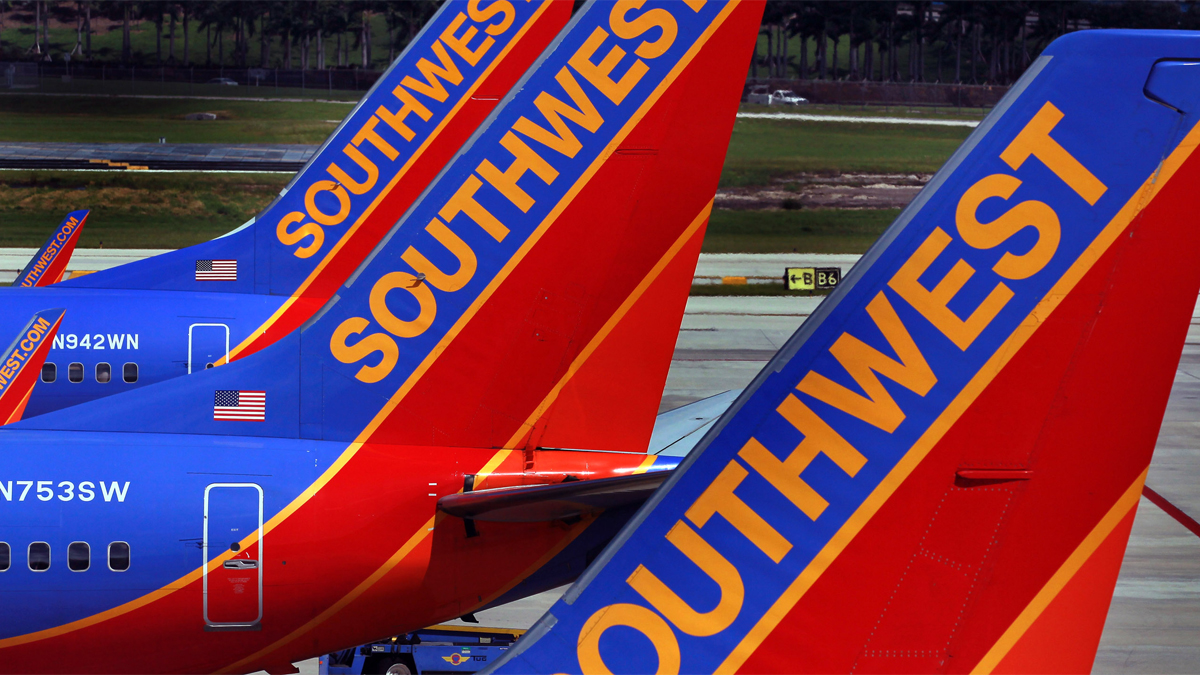Panera says it will remove artificial colors, flavors, sweeteners and preservatives from its food by 2016, a reflection of the growing distaste people are showing for such ingredients.
The chain of bakery cafes, which has about 1,800 U.S. locations, is making the pledge as part of a "Food Policy" it is unveiling Tuesday that outlines its commitment to "clean" and "simple" ingredients.
The announcement comes at a time when Panera Bread Co. is facing slowing sales growth and working to jumpstart its business through a variety of means, such as revamping the sometimes confusing way people order and get food and switching baking hours to the daytime to create a homier feel in cafes.
The unveiling of Panera's sweeping "Food Policy" also underscores how positioning foods as natural has become a marketing advantage, regardless of whether it brings any nutritional benefits. Part of the attraction for customers is that they feel better about what they're eating, sometimes because they don't feel as guilty about how many calories they're consuming.
Chipotle, for instance, has gained in popularity in part by portraying itself as a more wholesome alternative to traditional fast-food chains like McDonald's. Even Subway recently said it would stop using azodicarbonamide in its breads. The ingredient was dubbed the "yoga mat" chemical after a petition by Vani Hari, who runs FoodBabe.com, noted it was used to make yoga mats.
Still, declaring foods as being natural or free of artificial ingredients has the potential to invite criticism and even legal troubles.
Local
A lawsuit filed in November, for instance, alleges that Whole Foods Market uses a "spectacular array" of artificial ingredients in some of its store-brand products, despite the grocer's promise that the products contain "nothing artificial."
Panera also isn't swearing off genetically modified ingredients, another issue that is gaining attention in certain circles. Unlike Chipotle, which says its menu will soon be free of GMOs, Panera uses too many different ingredients to be able to make that claim.
And neither chain has any plans to stop selling fountain sodas from Coca-Cola and PepsiCo, even though the drinks are sweetened with high fructose corn syrup.
As for the rest of its menu, Panera says it's about halfway through the removal of artificial ingredients. It's still looking for ways to removes the artificial colors used in its bakery icings, for instance, and is testing a smoked ham in select markets that doesn't use artificial preservatives.
"We decided it was time to put all this into a clear and concise policy," Ron Shaich, Panera's founder and CEO, said in an interview.
Ten years ago, for instance, Panera announced that it would use chicken raised without antibiotics, a move Shaich said helped significantly drive sales.
Panera's new policy also states the chain's commitment to "transparency," meaning it will make it easy for people to see the ingredients and nutritional content of its food. It also says it will work to have a "positive impact" on the food system, such as by supporting North American suppliers whenever possible.
Whether the new policy helps attract more customers is yet to be seen.
Last year, Panera's sales rose 2.6 percent at company-owned locations open at least a year. That was down from 6.5 percent in 2012 and 4.9 percent in 2011.
This year, the St. Louis-based company is forecasting sales growth of 2 to 3.5 percent.



